10 things you are allowed to do outside during lockdown
A list of what you can and cannot do when leaving your home during the Covid-19 lockdown.

While the lockdown shows no signs of letting up, spending some time outdoors could help with your physical and mental wellbeing.
As long as government guidelines on social-distancing are being followed, people are allowed to leave their homes in certain circumstances.
Previously, the public were told they could only go outdoors to exercise once per day, to buy essential goods and to travel to work if it was not possible to work from home.
New police guidelines, which emerged last Thursday, list a string of scenarios which are likely to be considered reasonable under England’s coronavirus lockdown rules.
The document gives more advice to officers on how to interpret the laws – known as the Health Protection (Coronavirus, Restrictions) (England) Regulations 2020.
Here is a list of things you are allowed to do outdoors in England:
– Drive to the countryside for a walk
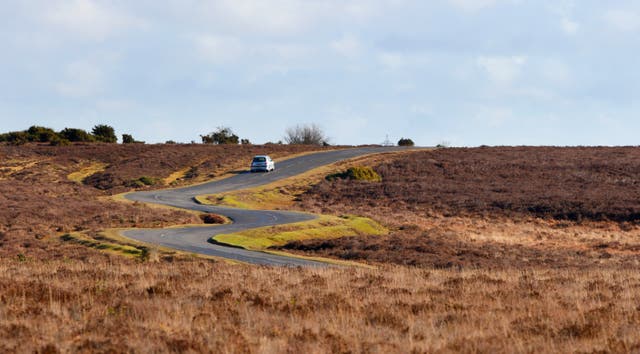
Now guidelines to police say the public can drive to the countryside to go for a walk, as long as they spend more time walking than driving.
– Exercise more than once per day
The public can go outdoors, either in the city or in the countryside, to exercise, which includes running, cycling, walking, practising yoga and attending an allotment.
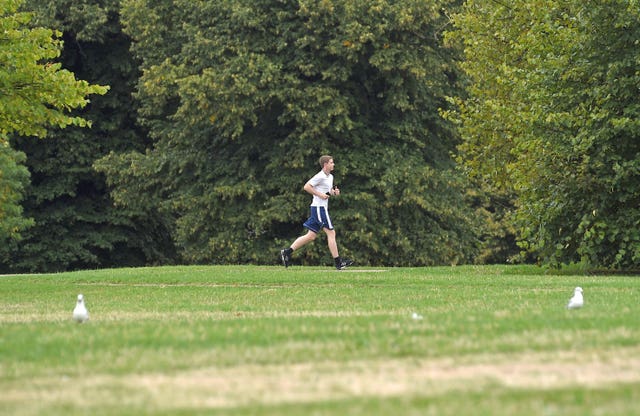
– Stop to rest or have lunch while on a long walk
People who go out to exercise are allowed to stop to take a short break.
This includes stopping to have lunch while on a long walk.
However, police can question those who take a short walk to a park bench if they remain seated longer than they have been walking.
– To buy tools and supplies for maintenance and upkeep
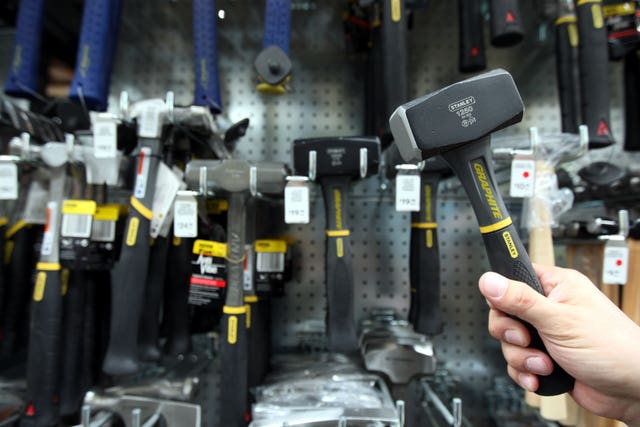
But shopping for renovations and improvements in the home, such as buying paint and brushes to redecorate a kitchen, is not allowed.
– To move in with a friend to “cool off” after an argument
For some people, staying indoors can be suffocating, especially after an argument with family, friends or the people you live with.
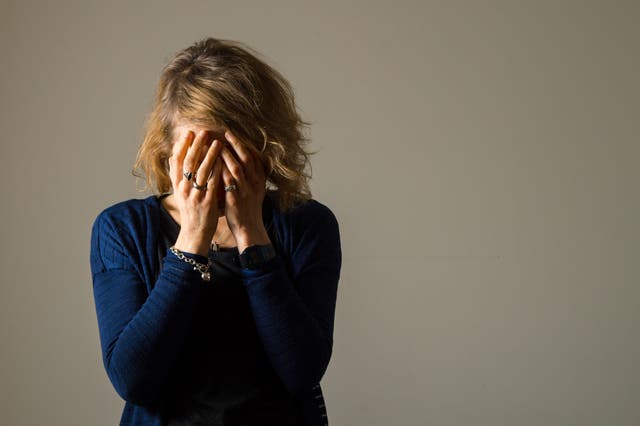
However, a move between households will only be acceptable if it is a genuine move for several days and not hours.
People are not allowed to visit friends at their address or in a public place to socialise.
– To provide support to a vulnerable person
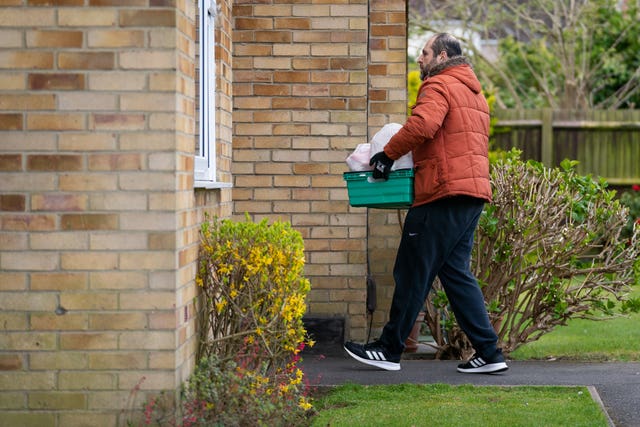
This rule applies to all volunteers and not just those who work for an organisation or charity.
While socialising is not allowed, there may be exceptional circumstances for someone to visit a vulnerable person, for example, if a hospital has authorised a visit.
– To attend a funeral or visit a cemetery or graveyard
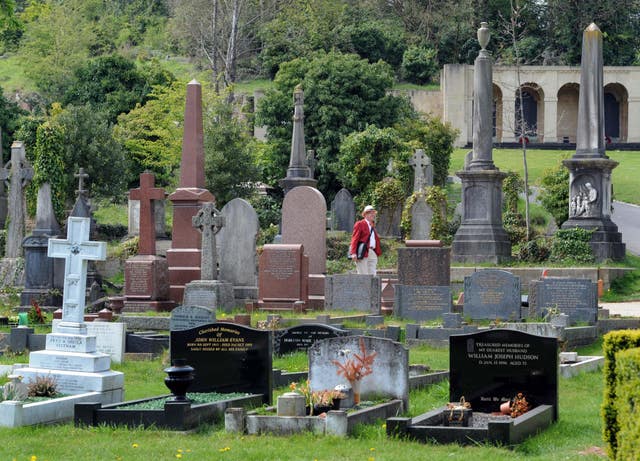
Speaking at the daily Downing Street press briefing, Communities secretary Robert Jenrick said: “For clarity, funerals can go ahead with close family present.
“Social distancing measures must be respected, but families must have the opportunity to say a respectful goodbye to those that they love.”
– To take pets to the vets

People are encouraged to sort medical needs for their pets over the phone where possible, such as renewing prescriptions.
– To buy non-essential goods such as luxury items and alcohol
There is no need for your shopping trip to be only for essential goods such as food – you are allowed to nip to the shops to buy items such as alcohol and luxury items.
And you can make a quick trip to the shop to buy small amounts of a ‘staple item’, such as a newspaper, pet food, a loaf of bread or a pint of milk.
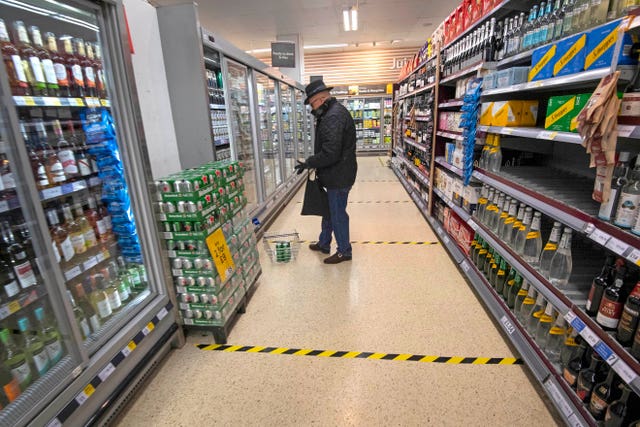
A person who is considered a key worker by the Government, including NHS staff, teachers and public transport workers, are allowed to travel to and from work.
But non-key workers are also allowed to travel to work if it is not reasonably possible to work from home.
There is no requirement for people to have written proof of a need to go to work, and police guidelines say officers should not ask for ID or any other kind of document.





